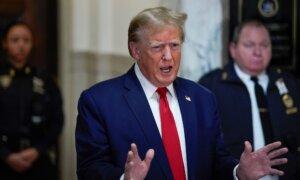The Cybersecurity and Infrastructure Security Agency knew mail-in voting was less secure ahead of the 2020 election but worked to suppress that information
Newly released documents allege that the Cybersecurity and Infrastructure Security Agency (CISA) knew it was wrong to censor concerns about the security of mail-in voting ahead of the 2020 election, yet it proceeded to do so anyway.
Nevertheless, it undertook an “unprecedented censorship campaign to mislead the American people about the truth,” according to Gene Hamilton, AFL’s vice president and general counsel.
“Common sense dictates that ballots submitted via mail are inherently less secure than verified, in-person voting by a citizen who shows identification before casting his or her ballot,” Mr. Hamilton said in a press release.
“The American people were lied to, and there must be accountability.“
AFL lawyer Michael Ding told The Epoch Times that the new documents were produced after AFL sued the CISA in November 2022.
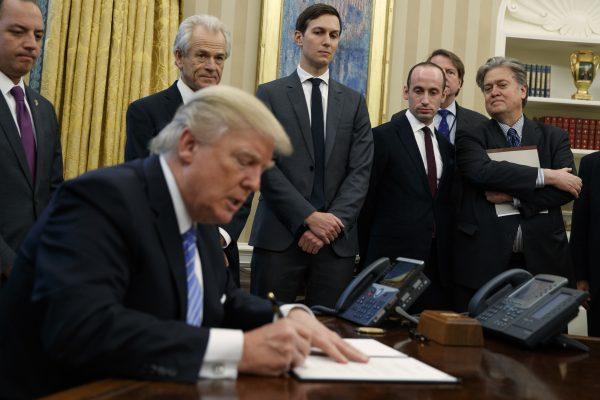
Mr. Ding said AFL’s suit called for CISA to disclose documents it did not provide under an April 2022 Freedom of Information Act request. Under a court-managed process, Mr. Ding said, documents are gradually materializing.
“As we get closer to election day this year. I do hope that the election meddling and censorship that this agency engaged in during 2020 does not happen again,” Mr. Ding said.
“But ultimately, I think Americans need to hold these government officials accountable for trampling on their constitutional rights.”
The recently released documents detail how CISA acknowledged that mail-in voting carried more significant risks than in-person elections, yet it coordinated with technology companies to censor what it called misinformation, disinformation, or malinformation regarding the 2020 election.
Ahead of the 2020 vote, a wave of legislative changes were made in 23 states and the District of Columbia allowing Americans to vote by mail due to the supposed risks posed to voters by the COVID-19 virus.
By the fall of 2020, only voters in Indiana, Louisiana, Mississippi, Missouri, Tennessee, and Texas needed to report a reason to cast an absentee ballot by mail, according to internal CISA documents obtained by AFL. As early as September 2020 CISA knew mail-in voting would create significant problems, according to the documents.
An email replied to by Matthew Masterson, a senior cybersecurity advisor at CISA, on Sept. 24, 2020, revealed that the agency was aware of ’three major challenges’ with mail-in voting, observed during the primary elections.
Physically mailing and returning the ballots would be difficult, high numbers of ballots would be incorrectly completed, and there would likely be a shortage of personnel to process ballots, the email said.
Mr. Masterson’s email, referencing Wisconsin, said the state was short 700 poll workers and had to deploy 675 Wisconsin Army National Guard members to fill the gap.
That same email said the agency “could not conclude that voting … increased the spread of COVID.”
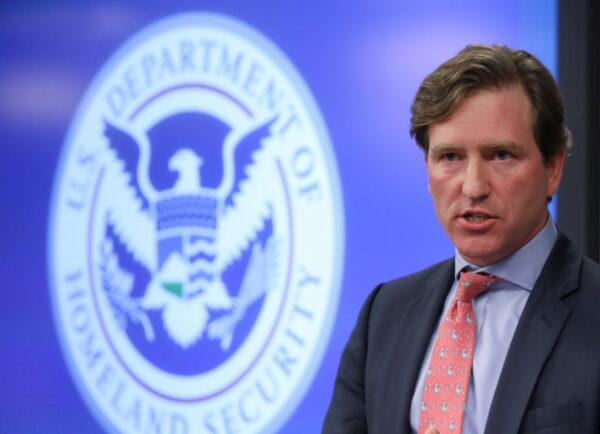
By October 2020, CISA had created an internal chart expanding on those risks. The chart, published by AFL, said, “For mail-in voting, some of the risk under the control of election officials during in-person voting shifts to outside entities, such as ballot printers, mail processing facilities, and the United States Postal Service.”
Also, in October 2020, CISA shared information about mail-in voting with members of the press during so-called unclassified media tours, according to newly-released emails.
Media outlets “covered up the evidence,” AFL said, choosing instead to report on statements made by then-CISA director Chris Krebs that downplayed the election integrity concerns raised by President Donald Trump.
At the time, the CISA ran a “rumor control” page reassuring Americans of the safety of mail-in balloting. Simultaneously, the CISA was watching social media for any commentary on the integrity of mail-in voting. It allegedly went so far as to contract multinational professional services company Deloitte to aid monitoring efforts.
Copies of “Elections Daily Digest” reports obtained and published by AFL showed Deloitte was preparing “daily social media trends” reports on the topics of voter suppression, COVID-19, vote-by-mail, election technology, and removed/flagged social media posts. These reports included the number of daily mentions of each topic and assessments of “change in sentiment.”
“Deloitte’s reports provided CISA with confirmation that its social media monitoring and censorship apparatus was working,” AFL said in a release.
“CISA interfered in the 2020 presidential election. CISA knew that in-person voting did not increase the spread of COVID. CISA knew mail-in voting was less secure. CISA nevertheless supported policy changes to encourage unprecedented widespread mail-in voting.”
CISA formed the Election Integrity Partnership 100 days before the 2020 election “to censor narratives relating to mail-in voting,” AFL said.
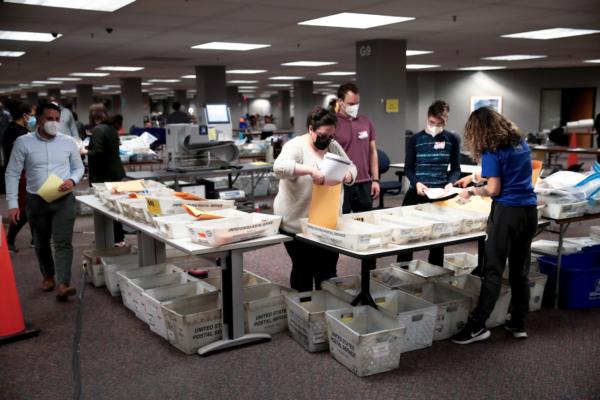
‘Pre-Bunking’ Stories
Washington-based AFL is led by Stephen Miller, who was a senior advisor to President Trump. On its website, Mr. Miller calls his organization an “answer to the ACLU” referring to the American Civil Liberties Union.
AFL, Mr. Ding said, first became interested in potential government censorship of electronic speech in July 2021.
In an email, CISA’s public affairs advisor Scott McConnell said the agency will not comment on the situation.
That bulletin said the CISA was working with “public and private sector partners—including U.S. critical infrastructure owners and operators—to mitigate risk.”
AFL published the first round of documents in May 2023. Those, according to AFL, detailed how CISA employees created both formal and informal partnerships with technology companies to monitor and flag accounts as well as delete posts. Moreover, the CISA employees, with official approval, allegedly set up back-channel electronic communications with private companies via Signal, a self-deleting messaging app.
Most notably, in the May round of documents, Brian Scully, a member of the CISA’s Countering Foreign Interference Task Force, detailed how the agency was working to both debunk unfavorable ideas and “pre-bunk” specific stories before they spread online.
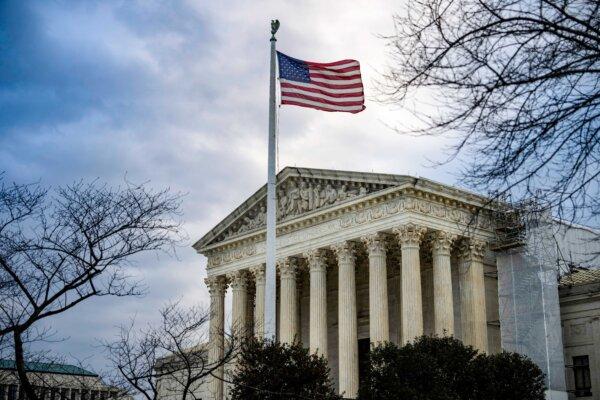
Missouri v. Biden
Mr. Ding said AFL’s CISA investigation is closely related to, but not directly involved with, the Missouri v. Biden First Amendment case, which is due to be considered by the Supreme Court as soon as March.
Missouri v. Biden, filed by the office of Missouri Attorney General Andrew Bailey, alleges the federal government coordinated with major technology companies to suppress social media posts that were politically disagreeable to the candidacy of then-candidate Biden in 2020.
For now, the Supreme Court has stayed an injunction—previously confirmed by the Fifth Circuit Court of Appeals—that directly prevents the government from engaging in similar activities.
AFL will continue to publish more documents related to its suit against CISA as they are released.
Original News Source Link – Epoch Times
Running For Office? Conservative Campaign Consulting – Election Day Strategies!


